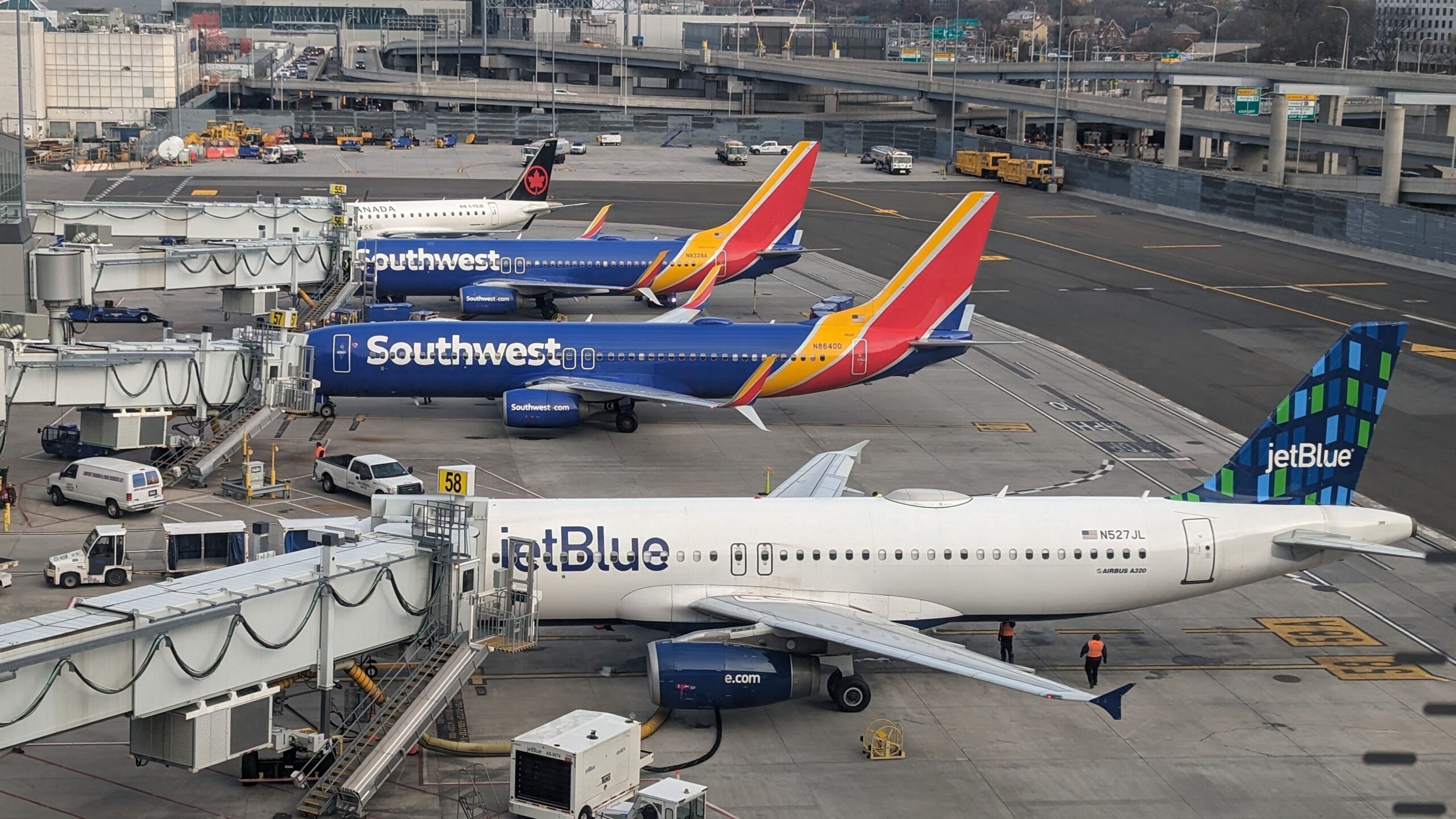The United States government has decided to withdraw a proposed rule that would have made airlines liable for compensating passengers for long delays. Originally introduced by the Biden administration, the proposal aimed to create a compensation system similar to the European Union’s EU261 regulations. However, the current administration under Donald Trump has opted not to pursue this initiative, marking a significant shift in airline passenger rights.
This decision was confirmed by the US Department of Transportation, which stated that it plans to retract the Advanced Notice of Proposed Rulemaking. The proposed legislation would have required airlines to provide compensation, including meals and accommodations, to passengers affected by delays lasting three hours or more. Critics of the plan, including trade groups representing US airlines, argued it would lead to increased fares and incentivize airlines to cancel flights preemptively to avoid financial penalties.
Details of the Proposed Compensation System
Under the Biden administration’s initial proposal, passengers could receive compensation ranging from $200 to $775 per person, depending on the duration of the delay. For delays of three to six hours, compensation would have been set at $200-$300, while delays of six to nine hours would warrant $375-$525. Passengers facing delays exceeding nine hours could have claimed up to $775.
This proposed compensation scheme faced skepticism from industry stakeholders. The International Air Transport Association (IATA) cautioned that requiring compensation for delays would not effectively address operational disruptions within the aviation sector. Airlines such as Spirit Airlines expressed concerns that such regulations could create a “perverse incentive” to cancel flights at the slightest indication of trouble, ultimately harming passengers.
Comparison to International Compensation Standards
Currently, US airline passengers are entitled to customer service assistance in the event of delays or cancellations, but this assistance is not mandated by federal regulations like the previously proposed rule. In stark contrast, the EU has established clear compensation guidelines under the EU261 framework. For instance, passengers on flights delayed by two hours or more can receive compensation of up to €600 ($701.05) depending on the flight distance.
The EU is also considering adjustments to its compensation thresholds, raising the minimum delay for compensation eligibility to four hours for short-haul flights and six hours for long-haul journeys. These changes have sparked criticism for potentially diminishing passenger rights, as many delays typically fall within the two to four-hour range.
The withdrawal of the US compensation proposal reflects a broader trend in the current administration’s approach to regulatory policies. Trade groups like Airlines for America have welcomed the decision, arguing that it helps eliminate regulations deemed excessive and burdensome. The organization represents major carriers, including Delta, Southwest, and United Airlines.
As airlines and passengers navigate this evolving landscape, the implications of these regulatory changes will continue to unfold, influencing both operational practices and consumer rights in air travel across the United States.
